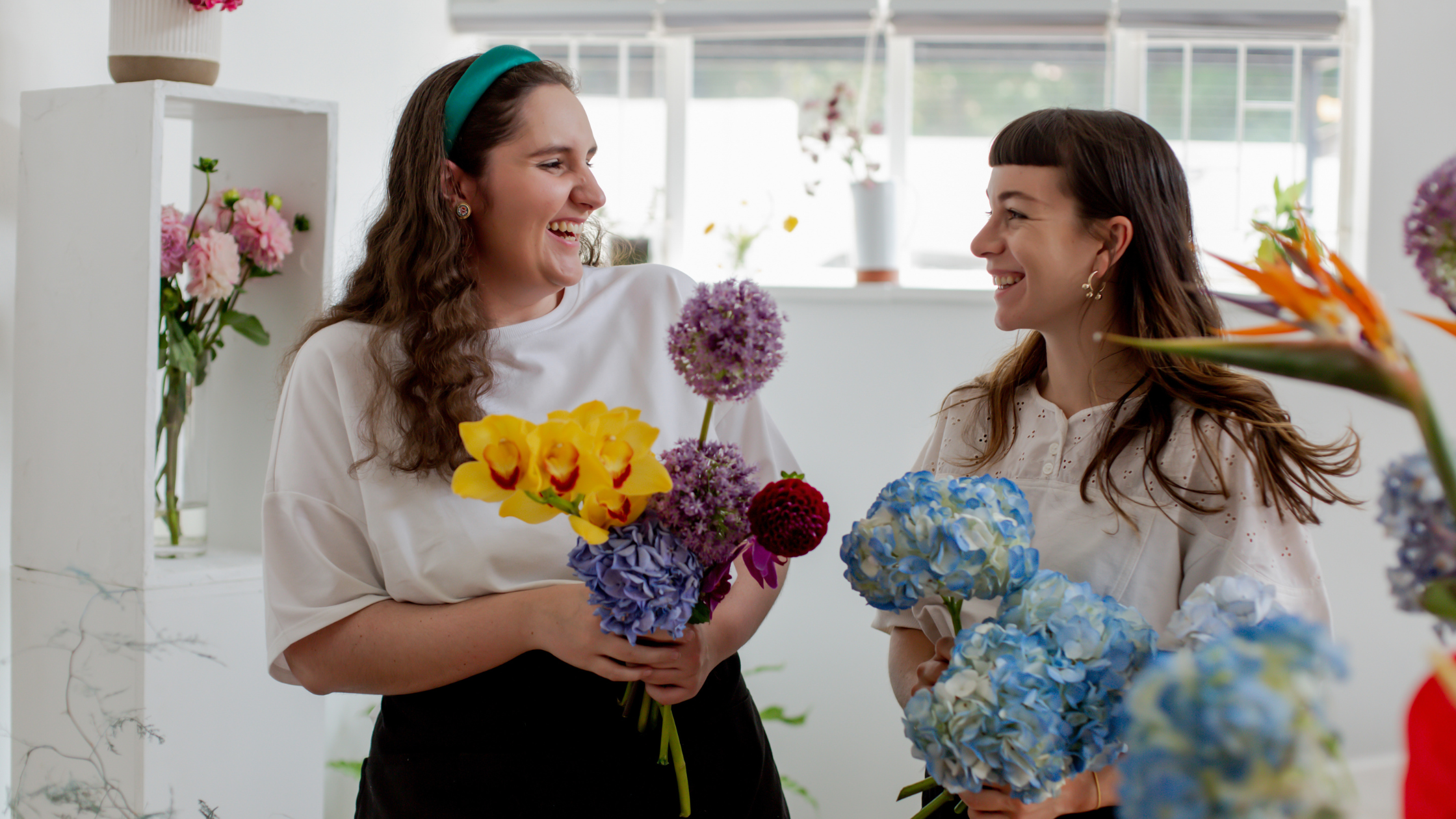Understanding Autism in Relationships: Challenges, Strengths, and Growth
Relationships—whether romantic, platonic, or family-based—are a meaningful part of life for most people. For those on the autism spectrum, these connections can be just as profound, but they might come with unique challenges and unexpected strengths. With a little understanding, patience, and curiosity, these relationships can grow into deeply supportive and fulfilling bonds.
Navigating the Social World Differently
Autism Spectrum Disorder (ASD) is a neurodevelopmental difference that impacts how someone communicates, processes sensory input, and engages with the world. It’s not about lacking something—it’s about moving through life in a way that might not always align with typical social expectations.
When it comes to relationships, someone on the spectrum might:
Prefer direct, literal communication
Struggle with reading body language or facial expressions
Need extra time to process emotional conversations
Be deeply loyal and honest
Find emotional intimacy hard-won, but deeply important
Understanding and honoring these differences can lead to more authentic and supportive connections—for everyone involved.
Common Relationship Challenges (and How to Work Through Them)
Whether just one or both partners are autistic, certain patterns tend to emerge. Knowing what to expect can help couples (or friends, or family members) navigate rough patches with a little more grace.
1. Communication Styles
Autistic individuals often value clear, straightforward communication. To a neurotypical partner, this might come across as blunt or emotionally distant. On the flip side, the subtleties and “unspoken rules” of typical social interaction can feel overwhelming or confusing for autistic folks.
Try this: Create space for honest, open conversations about how each person gives and receives emotional cues. Clarifying expectations—without judgment—goes a long way.
2. Sensory Differences
Things that might seem small to one person—like background noise in a restaurant, a scratchy fabric, or strong scents—can be deeply overwhelming for someone with sensory sensitivities.
Try this: Talk about sensory preferences and triggers. Respecting boundaries and making shared plans with comfort in mind builds safety and trust.
3. Different Ways of Showing Love
Love and affection might be expressed through actions instead of words. An autistic partner might show they care by fixing a problem, planning a routine, or simply showing up consistently—not necessarily through grand romantic gestures.
Try this: Learn how each person expresses care. Mutual appreciation for each other’s "love languages" can deepen emotional connection.
The Gifts Autism Brings to Relationships
Autism isn’t just about challenges—it can also bring remarkable strengths into relationships:
Loyalty: Many autistic individuals are fiercely committed once they trust and care about someone.
Perspective: A neurodivergent partner may bring fresh insight, creative thinking, and honest reflections.
Consistency: Preference for routines and predictability can add a layer of stability to the relationship.
When Both Partners Are Autistic
Some couples thrive when both individuals are on the spectrum. Shared communication styles and mutual needs for routine can create a sense of safety and understanding that’s hard to match. Of course, like any relationship, effort, flexibility, and emotional growth are still part of the equation.
Support for Growth and Connection
Every relationship takes work—and that’s just as true for neurodiverse ones. But with the right support, growth is absolutely possible.
Work with the right professionals: Therapists or coaches with experience in neurodiverse relationships can offer guidance that actually fits your needs.
Keep learning: Understanding autism—and how it shows up in your relationship—helps both partners navigate differences with empathy.
Be patient: Growth doesn’t have to be fast to be meaningful. Let it unfold in its own time.
Autism doesn’t stand in the way of love, connection, or deep emotional intimacy. It simply asks for more intentionality, communication, and mutual respect. When both people feel seen, heard, and accepted for who they are, the relationship has all the tools it needs to thrive.

